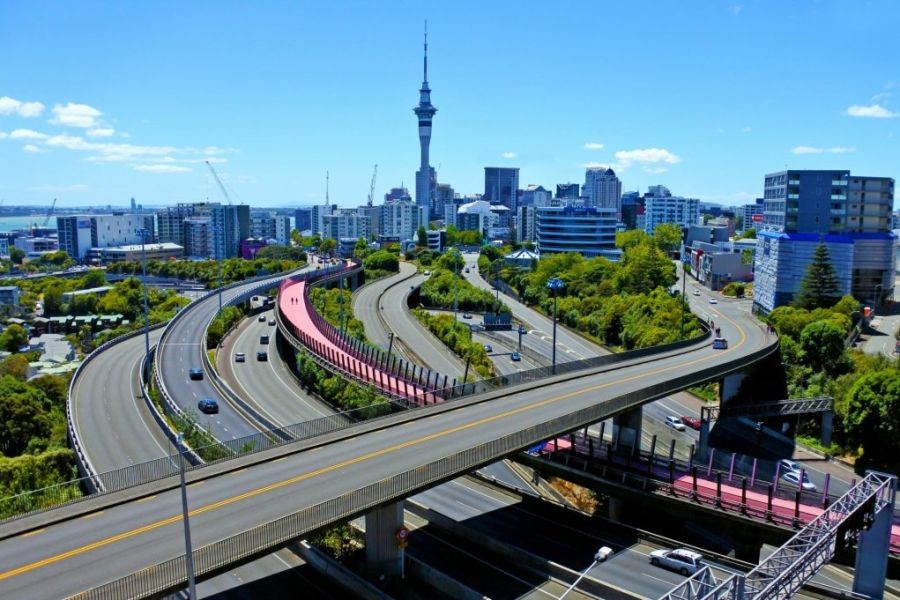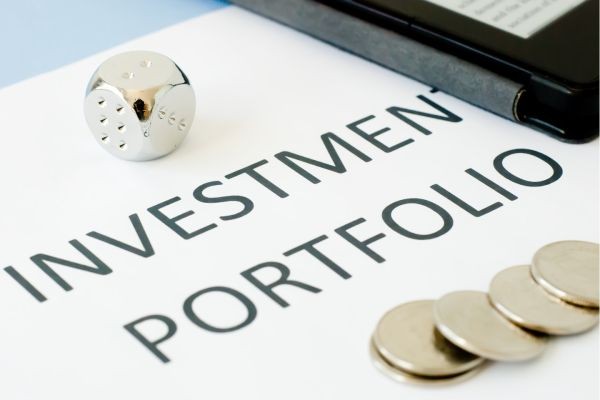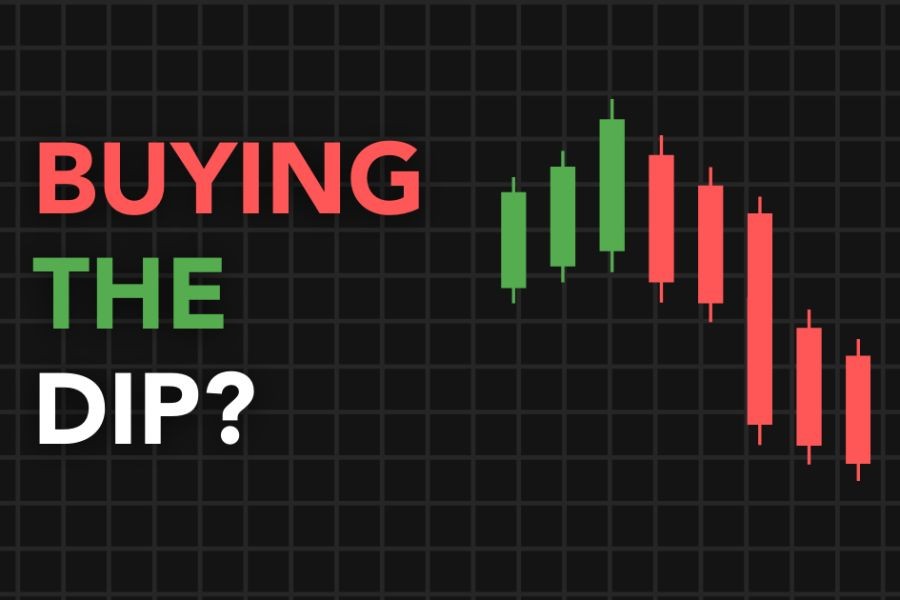Did you know that New Zealand is at the forefront of integrating sustainability into urban development? This isn’t just a catchphrase; it's a transformative shift that could redefine how we think about property investment in the country. With its unique natural landscapes and commitment to environmental stewardship, New Zealand offers a compelling case study for sustainable urban development. As global attention shifts towards eco-friendly solutions, understanding these developments is crucial for property investors aiming to align their portfolios with future trends.
Understanding the Sustainability Shift in New Zealand
New Zealand's commitment to sustainability is deeply rooted in its policies and economic strategies. The Ministry of Business, Innovation, and Employment (MBIE) has been pivotal in promoting sustainable construction practices. The country's Building for Climate Change program is a testament to this commitment, aiming to reduce carbon emissions and improve energy efficiency in buildings.
According to Stats NZ, residential building consents reached a record high in 2022, with a significant portion adhering to sustainable building standards. This shift is not just about compliance but about creating communities that are resilient to climate change impacts, which is increasingly important in a country prone to natural disasters.
Case Study: Hobsonville Point – A Model of Sustainable Urban Living
Problem: Hobsonville Point, a former airbase in Auckland, faced the challenge of redevelopment while maintaining ecological balance.
Action: The development incorporated sustainable practices such as rainwater harvesting, solar panels, and green spaces, encouraging biodiversity. The design emphasized walkability and public transport access, reducing reliance on cars.
Result: The project has seen significant success, with a 30% increase in property values since its inception. It won multiple awards for sustainability, including the Green Building Council’s award for sustainable living.
Takeaway: Hobsonville Point demonstrates that sustainable urban development can lead to increased property values and improved community well-being, offering investors a blueprint for future projects.
Driving Factors Behind Sustainable Urban Development
The push for sustainability in urban development is driven by several factors:
- Government Policies: The New Zealand government has set ambitious targets for reducing greenhouse gas emissions, influencing the real estate sector to adopt greener practices.
- Consumer Demand: There is a growing consumer preference for sustainable and energy-efficient homes. A survey by the New Zealand Green Building Council found that 70% of Kiwis prefer homes with sustainable features.
- Economic Incentives: Financial incentives and subsidies are available for developers who incorporate sustainability into their projects, making it economically viable.
Industry Insight: The Economic Impact of Sustainable Development
According to a report by the Reserve Bank of New Zealand, sustainable development can enhance economic growth by creating jobs in green technologies and construction. The report highlights that for every 10% increase in sustainable infrastructure investment, there is a 2% increase in GDP.
Property investors should note that sustainable developments often attract higher rents and lower vacancy rates, providing a stable income stream. As the global focus on sustainability intensifies, properties with green credentials are likely to appreciate in value, offering a hedge against market volatility.
Overcoming Challenges in Sustainable Urban Development
While the benefits of sustainable urban development are clear, challenges remain:
- High Initial Costs: Sustainable building materials and technologies can be more expensive upfront.
- Regulatory Complexity: Navigating the regulatory landscape can be challenging for developers unfamiliar with sustainability requirements.
- Market Perception: Some investors remain skeptical about the financial returns on sustainable developments.
Pros vs. Cons of Sustainable Urban Development
✅ Pros:
- Long-term Cost Savings: energy-efficient buildings reduce utility costs over time.
- Enhanced Marketability: Sustainable properties have a competitive edge in attracting eco-conscious tenants.
- Regulatory Compliance: Aligning with government sustainability goals can prevent future legal challenges.
❌ Cons:
- Initial Capital Outlay: Higher upfront costs can deter some investors.
- Limited Expertise: A shortage of skilled professionals in sustainable construction can slow project timelines.
- Uncertain ROI: The return on investment can be slower compared to traditional developments.
Debunking Common Myths About Sustainable Development
Despite its growing popularity, several myths persist about sustainable urban development:
- Myth: "Sustainable buildings are just a trend." Reality: Sustainability is becoming a norm, with regulatory frameworks mandating eco-friendly practices.
- Myth: "Green buildings are too expensive to maintain." Reality: While initial costs may be higher, maintenance costs are often lower due to energy savings.
- Myth: "Sustainable development doesn’t offer good returns." Reality: Properties with green certifications often command higher market prices and rental yields.
Future Trends in New Zealand’s Sustainable Urban Development
Looking ahead, New Zealand is poised to continue its leadership in sustainable urban development. By 2026, it's expected that all new residential buildings will need to meet zero-carbon standards, as outlined by the Building for Climate Change program. This shift will likely accelerate the adoption of smart home technologies, further enhancing energy efficiency and resident comfort.
Moreover, the integration of indigenous Maori principles in urban planning is expected to gain traction, promoting harmonious living with nature and reflecting New Zealand’s cultural heritage.
Final Takeaways & Call to Action
- New Zealand’s commitment to sustainable urban development offers lucrative opportunities for property investors.
- Investing in eco-friendly properties can provide stable returns and a hedge against market volatility.
- Understanding and navigating the regulatory landscape is crucial for successful investment in sustainable projects.
As a property investment specialist, aligning your strategies with sustainable development trends in New Zealand can enhance your portfolio's resilience and growth potential. What's your next move? Consider exploring green-certified properties for your next investment.
People Also Ask
How does sustainable urban development impact property investment in New Zealand?
Sustainable urban development enhances property investment by increasing property values and attracting eco-conscious tenants, offering stable returns (Source: NZ Green Building Council).
What are the biggest misconceptions about sustainable urban development?
One common myth is that sustainable buildings are too costly to maintain. However, research shows they often reduce long-term costs through energy efficiency (Source: MBIE).
What upcoming changes in New Zealand could affect sustainable urban development?
By 2026, new residential buildings will need to meet zero-carbon standards, potentially increasing demand for sustainable building materials and technologies (Source: Building for Climate Change program).
Related Search Queries
- Sustainable construction practices in New Zealand
- Green building regulations NZ
- Environmental impact of urban development
- Sustainable property investment strategies
- Future of real estate in New Zealand
- Zero-carbon homes New Zealand
- Urban planning and Maori principles
- energy-efficient building technologies
- Green Building Council NZ initiatives
- Impact of climate change on NZ real estate































